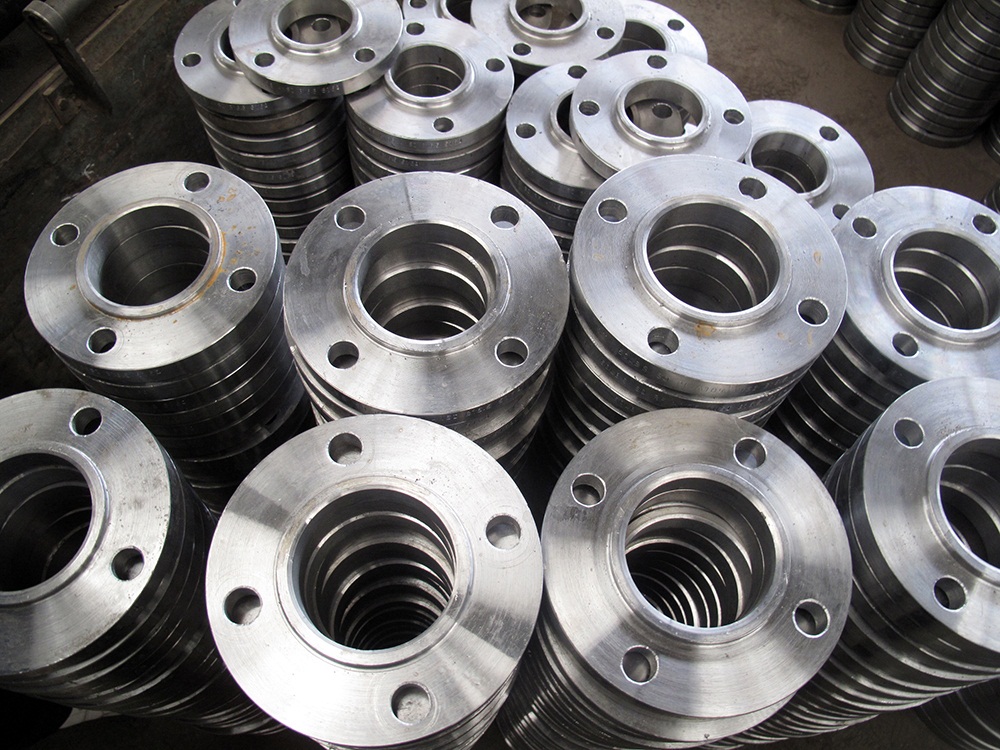
Phone: 0086-13835148369
Tel: 0086-351-6814836 Ext.8032
Fax: 0086-351-8390339
E-mail: sxmidas.com@aliyun.com
Website2:www.midaspipelines.com
The installation quality of flange connections directly affects the tightness, safety, and service life of the system, and must strictly comply with technical specifications. The specific requirements are as follows:
a.Material Inspection
The specifications and materials of flanges, bolts, and gaskets must conform to the design documents, and mixing different materials is prohibited. The sealing surface of the flange must be smooth and free of damage, with matching dimensions. Gaskets must be free of damage and aging; check the flatness of metal gaskets, and confirm the temperature and medium resistance of non-metallic gaskets. Bolts and nuts must be free of cracks and burrs, with complete threads and qualified hardness; the use of lock washers is recommended.
b.Tool Preparation
Prepare torque wrenches, wrenches, wire brushes, sandpaper, cleaning agents, sealants, levels, and tape measures.
c.Pipe Pre-treatment
The pipe end face must be perpendicular to the axis, with a deviation of ≤1mm/m. The bevel processing must comply with regulations, and rust, oil stains, and welding slag must be removed. Before welding the flange to the pipe, temporarily fix the flange to ensure it is perpendicular to the pipe axis, then perform welding to prevent deformation.
a.Flange Alignment
Adjust the parallelism and coaxiality of the two flanges; forced alignment is prohibited. For large-diameter or rigid pipes, adjust the supports or use temporary supports for fixation.
b.Gasket Installation
Clean the sealing surfaces and gaskets; polish minor scratches with sandpaper. Place the gasket in the center; stacking multiple gaskets is prohibited. For flanges used in high-pressure or special medium conditions, apply a small amount of sealant.
c.Bolt Installation
Insert bolts in a consistent direction, with 2-3 threads exposed beyond the nuts. Tighten bolts following the principle of "symmetrical, uniform, and step-by-step tightening"; re-tightening is required under high-temperature or low-temperature conditions. Do not strike bolts or nuts; apply a penetrating oil to rusted bolts and avoid forced tightening.
d.Inspection and Adjustment
Check the flange gap and gasket condition; recheck the bolt torque with a torque wrench. Ensure pipes requiring a specific slope meet the slope design.
a.Key Specification Requirements
The nominal pressure of the flange must be ≥ the system working pressure, with temperature correction considered. Metal gaskets are suitable for high-pressure and high-temperature conditions, while non-metallic gaskets are for low-pressure and normal-temperature conditions. For pipes carrying flammable, explosive, or toxic media, a full-bolt connection is required. Pre-cool bolts before tightening for low-temperature pipes, and use anti-loosening measures for vibrating conditions.
b.Acceptance Criteria
The parallelism and coaxiality of flanges must meet standards; bolts must be evenly tightened with qualified torque. No leakage is allowed during system pressure testing; installation data must be recorded and archived.
By following the above steps and norms, the leakage risk of flange connections can be effectively reduced, ensuring the long-term stable operation of the pipeline system.

Previous: Flow Measurement Principle of Multijet Jet Rotary Vane Cold Water Meter
Next: What Should Be Considered When Selecting Carbon Steel Pipe Fittings?
Phone: 0086-13835148369
Tel: 0086-351-6814836 Ext.8032
Fax: 0086-351-8390339
E-mail:sxmidas.com@aliyun.com